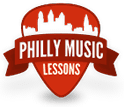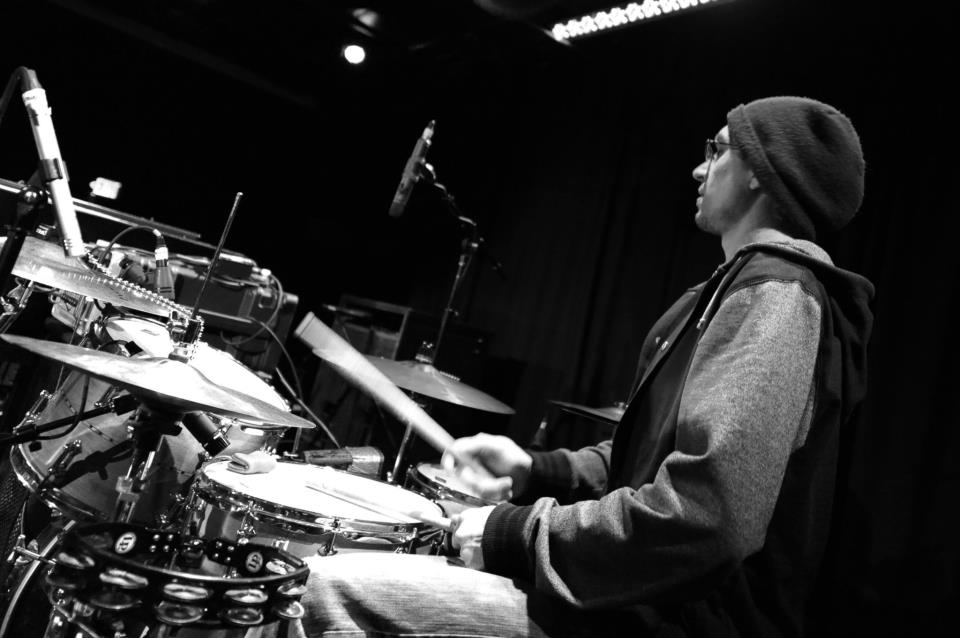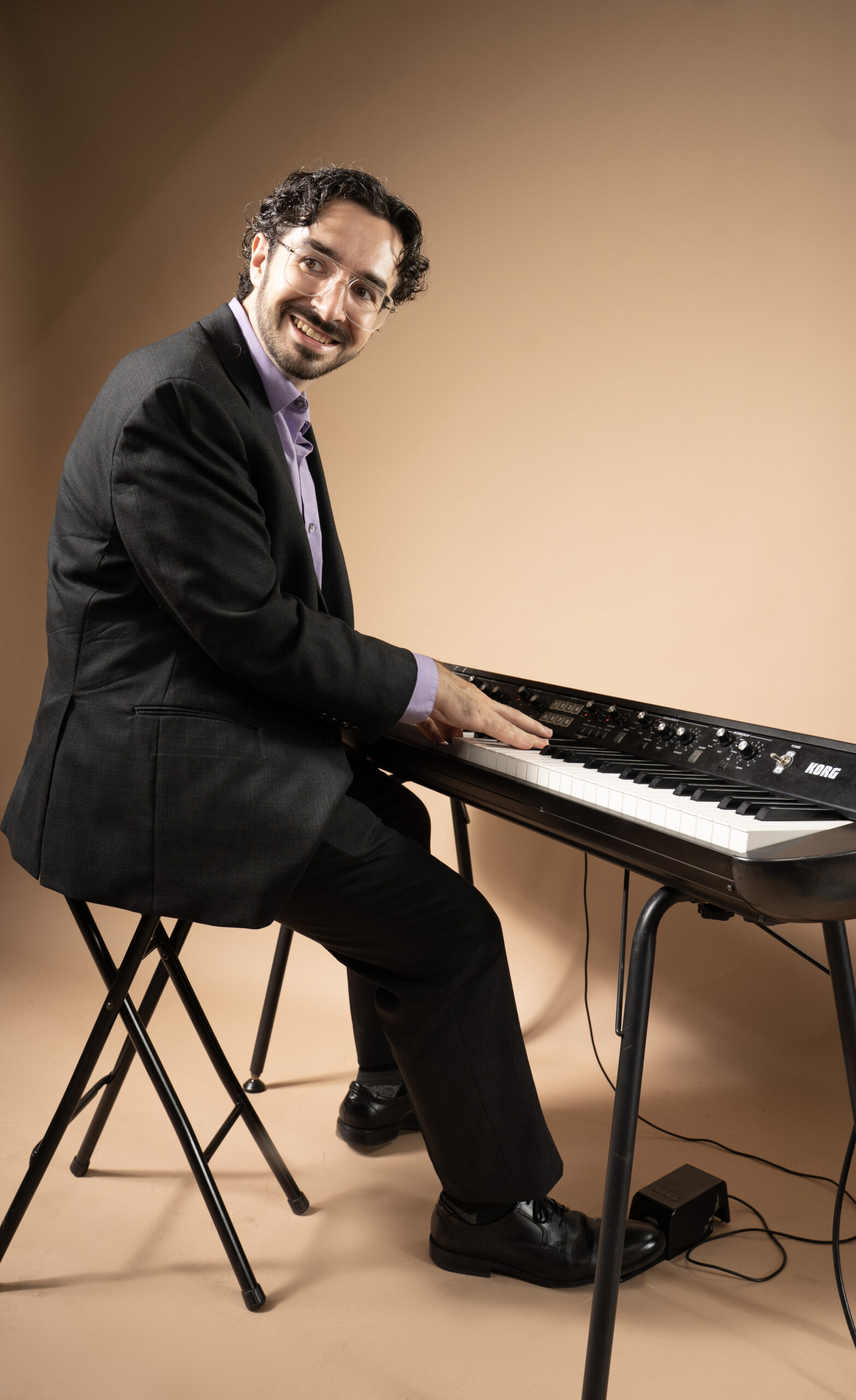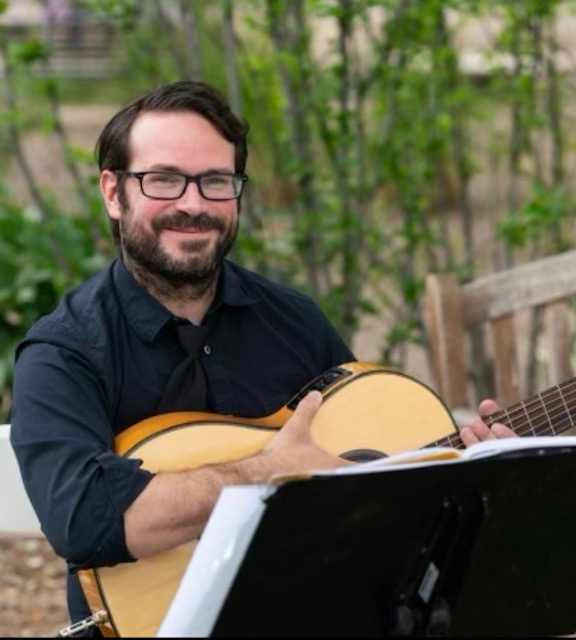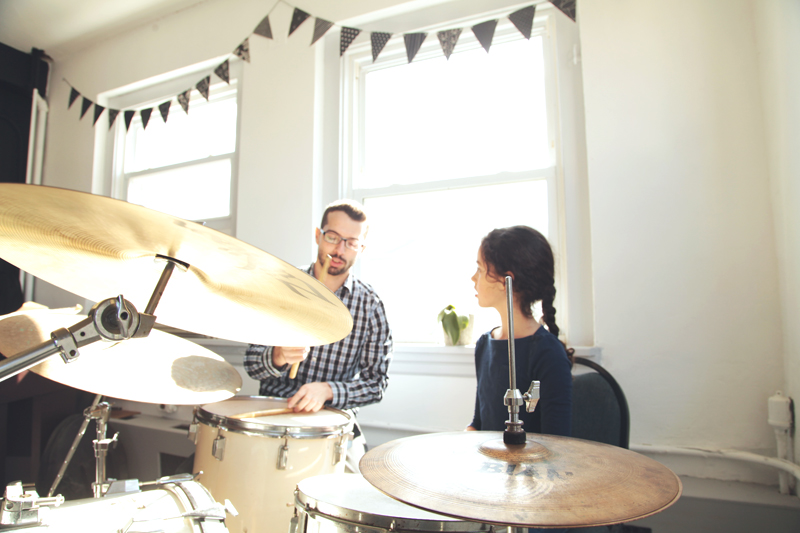
1/2 hr, 45 min, 1 hr Lessons
In Home, Studio and online Lessons
In Home Lessons in Philadelphia, Lower Merion, Main-Line
Beginners will quickly learn the basic patterns and techniques to back-up a band. Once students master the basics, studies move on to learn interdependence and the advanced techniques of the masters.
Rock, Jazz, Swing, Hip-hop, Electronic, and more
Jazz Improvisation
Theory Chord Melodies
Beginners, Intermediate, Advanced Students
Pop and Songwriting
Rock & Blues
Electronic Music (Midi Interfaces)
what students are saying
Drum Lessons
Amazing experience with an amazing instructor! I have zero musical background and decided I wanted to take up a new hobby and take drum lessons! Tom Cullen is THE MAN! He is incredibly helpful and easy to understand, patient, and fun to learn from. The studio itself is very welcoming and comfortable as well. I highly highly suggest Philly Music Lessons and especially Tom Cullen as a top tier instructor and studio for all your needs!
Mike A.
Drums & Piano Lessons
Joey and Alex at Philly Music Lessons are terrific! My boys have been taking piano and drums with Alex for almost a year now and I am amazed at their progress. Alex is a great teacher, he is very patient with my boys, especially my 6 year old. He is a very skilled musician and really knows how to teach children. When I was a kid lessons were grueling but Alex has an upbeat energy that makes every lesson fun and exciting. The studio is warm and inviting and has a great vibe. Music is such an important part of my life, it is so great to see my kids enjoy it as well! I feel so fortunate to have this place in my neighborhood! Check them out, you definitely won't be sorry. Philly Music Lessons totally ROCKS!
Nina M.
Beginner
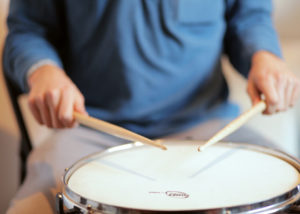 The first thing you'll learn is how to play rhythms between the right and left hand clearly. In order to do that, you will learn how to properly hold the drumsticks. How the drumsticks are held will effect a range of things from, speed, sound, comfort and even avoiding minor injuries (that's right, you can hurt yourself!). To get a good feel for handling the sticks, you will need a consistent practice of 15-20 mins a day. Working on control of the sticks will also give you an introduction to reading music. Learning to read will begin to feed your imagination with a vocabulary of rhythms and stimulate creative ideas. Learning the language of rhythm helps us to understand and decipher the music we enjoy listening to.
The first thing you'll learn is how to play rhythms between the right and left hand clearly. In order to do that, you will learn how to properly hold the drumsticks. How the drumsticks are held will effect a range of things from, speed, sound, comfort and even avoiding minor injuries (that's right, you can hurt yourself!). To get a good feel for handling the sticks, you will need a consistent practice of 15-20 mins a day. Working on control of the sticks will also give you an introduction to reading music. Learning to read will begin to feed your imagination with a vocabulary of rhythms and stimulate creative ideas. Learning the language of rhythm helps us to understand and decipher the music we enjoy listening to.
After about 6 weeks, you will begin coordinating your feet with your hands. This is usually done by adding the bass drum, which is played by your foot using a pedal device. You'll be doing 3 things at once. At this point you will also be learning the basic concepts of drumming, common in most of the music we hear.
The first concept is unison. Unison is when two parts of the drumset are played together at the same time. The next idea is "2 over 1" - when one drum plays two notes and the other drum plays one. The final concept is the single stroke. The most common use of the single stroke is during a drum fill, but single strokes happen more often than we notice. They usually occur between a cymbal and snare drum or a cymbal and bass drum during the song's "groove".
Advanced
Advanced drum students can expand upon their knowledge of rhythm patterns, or pursue a specific area of study such as jazz. Our drum teachers will guide students, providing technical expertise within a student's area of interest. Instructors can also help students troubleshoot, avoid injuries, and prepare for performance or a higher education in music. Certain teachers can work with students in production methods, working with programs to create beats and helping students to explore electronic applications of drums.
